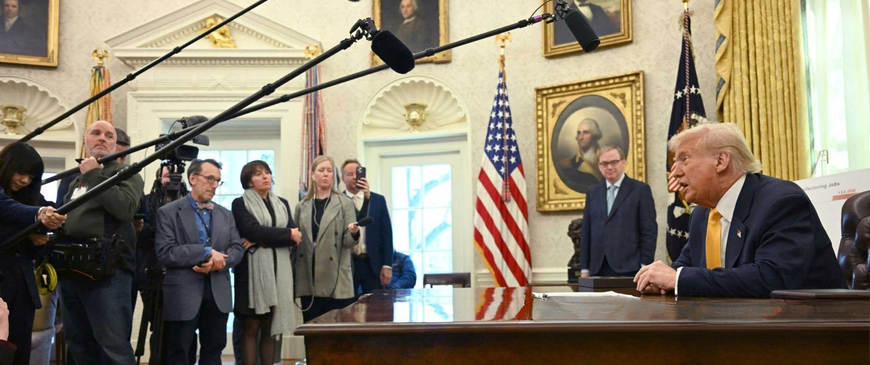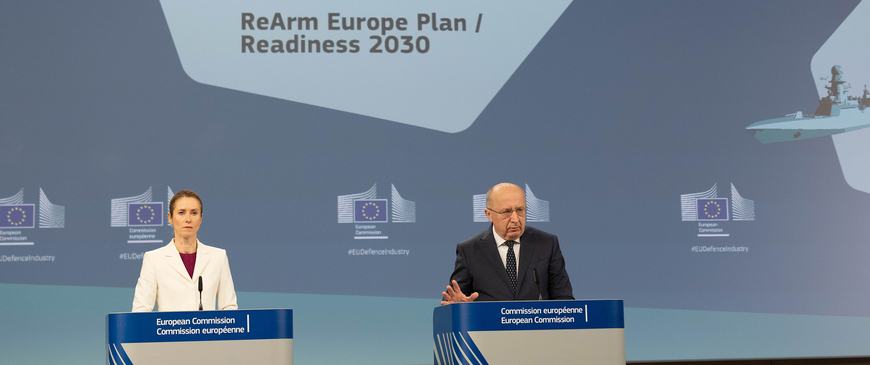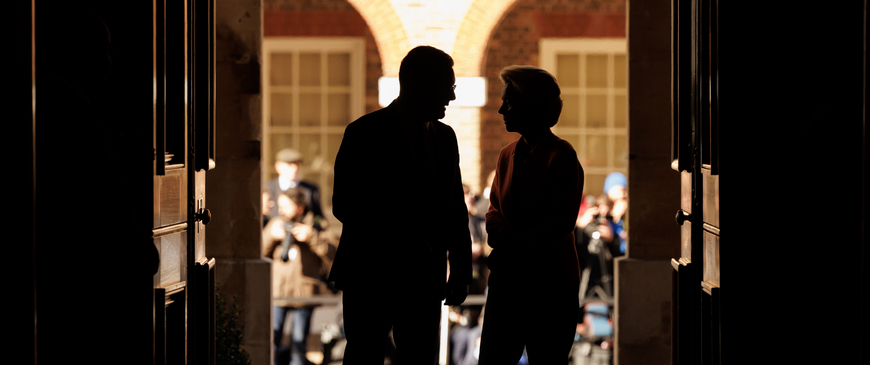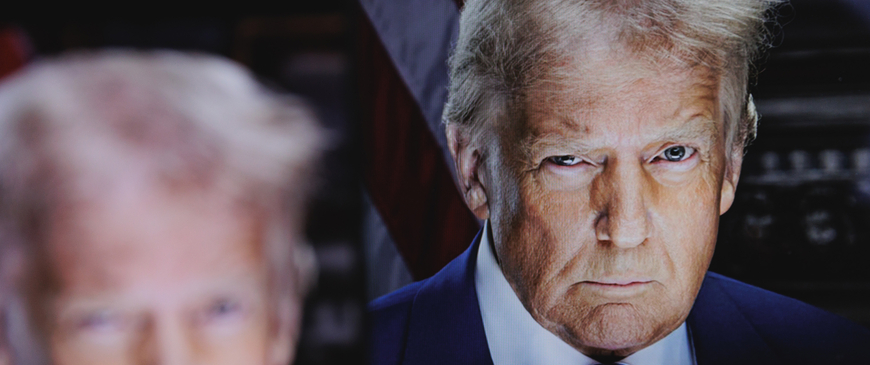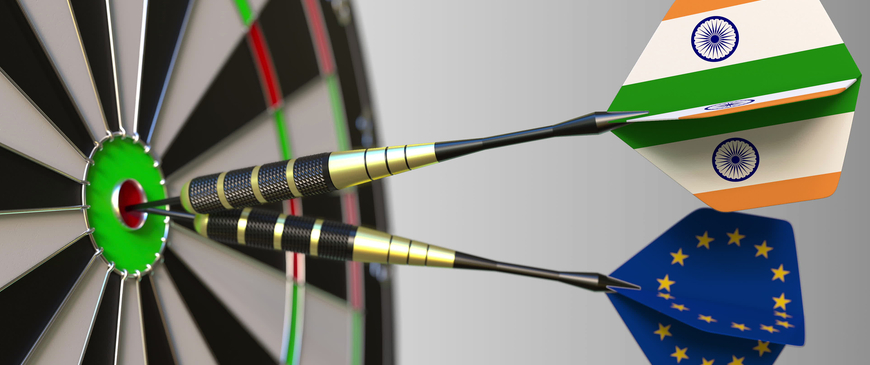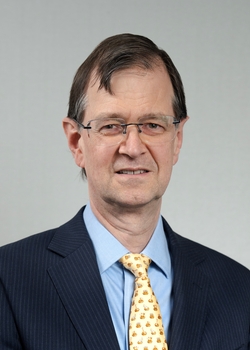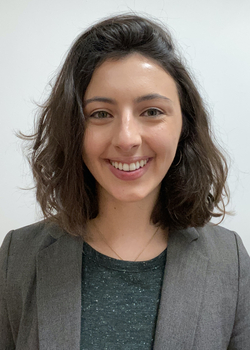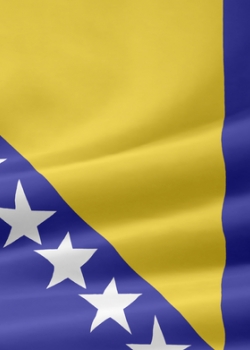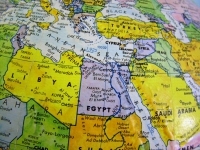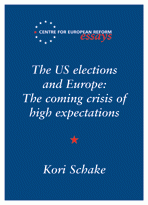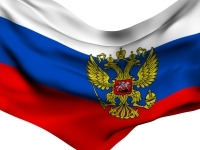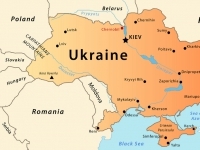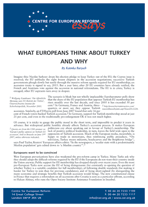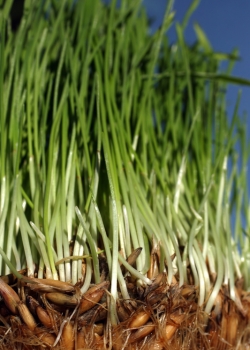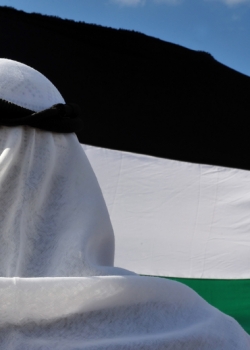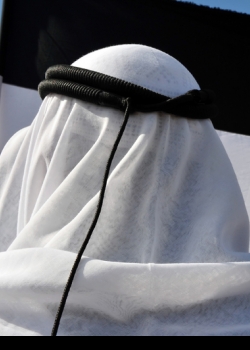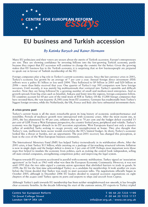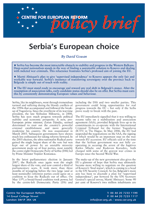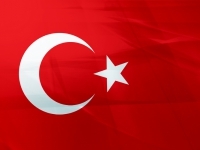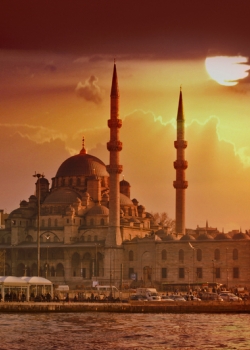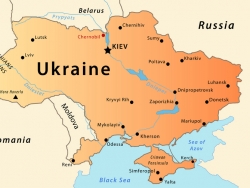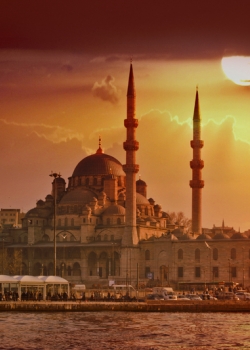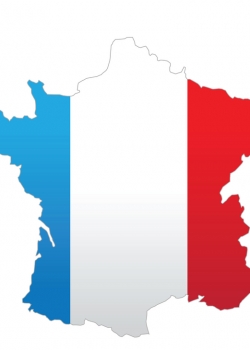Foreign policy & defence
The EU must stand firm on Bosnia
03 December 2007
The EU’s inability to halt the Bosnian civil war of 1992-95 marked the nadir of its attempts to build an effective foreign policy. Eventually the Americans helped the Europeans stitch Bosnia back together, at the Dayton peace conference.
Issue 57 - 2008
30 November 2007
- Politics, Sarkozy and the euro, Philip Whyte
- Europe’s defence and its new security strategy, Tomas Valasek
- The EU must stand firm on Bosnia, Charles Grant, Tomas Valasek
Bringing Syria into the Middle East peace process
23 November 2007
The nearer the Annapolis conference comes, the less it looks likely to deliver peace between Israelis and Palestinians. The weakness of the key actors and the current conditions on the ground in the Palestinian territories offer little reason for optimism.
The US elections and Europe: The coming crisis of high expectations
01 November 2007
The election of a new US president in 2008 offers an opportunity to repair US-European relations. But, as Kori Schake argues in this essay, both sides must guard against high expectations.
A grand bargain with Russia?
19 October 2007
Relations between the Russia and the West have not been so prickly since the break-up of the Soviet Union. Viewed from the US and the EU, Russia is being obstructive across a whole swathe of issues, such as its blockade of trade with Georgia, its refusal to accept independence for Kosovo, and its opposition to further UN sanctions on Iran.
What now, Ukraine?
05 October 2007
Ukrainians voters have spoken, sort of. On September 30th, they elected a new parliament. They made some heartening choices, backing forces of reform and sidelining smaller, less relevant parties.
What Europeans think about Turkey and why
25 September 2007
Surveys show that a majority of EU citizens are against Turkish membership. This matters since France, Austria and probably other countries too will hold a referendum on Turkish accession.
The EU should talk to Hamas
01 August 2007
In Britain, senior diplomats are mulling over whether to revise the government’s policy of not talking to Hamas. Until now Britain has staunchly defended the EU policy of opposing talks with Hamas. That policy, shared by the other members of the ‘quartet’ – the UN, the US and Russia...
Re-imagining EU development aid
01 August 2007
Imagine the Berlaymont late at night. A full moon hangs in the sky. High up in the building, an office lamp still shines. It illuminates four people. They are sprawled comfortably in armchairs for an intimate conversation. The four lead the EU on international affairs.
Issue 55 - 2007
27 July 2007
- The EU should talk to Hamas, Charles Grant, Clara Marina O'Donnell
- Re-imagining EU development aid, Simon Maxwell
- Reciprocity will not secure Europe’s energy , Katinka Barysch
Where next for Turkey?
24 July 2007
Some of Turkey’s critics say that it has no place in the EU because it is not a European country. Others criticise the quality of its democracy.
The EU should talk to Hamas
11 July 2007
The conspicuous role of Hamas in the recent release of Alan Johnston was not only good news for the BBC correspondent. Hamas showed that it cares about how it is perceived abroad, that it wants to be considered a credible actor, and that it hopes to end its international isolation.
EU business and Turkish accession
22 June 2007
Many EU politicians and their voters are unsure about the merits of Turkish accession. Europe’s entrepreneurs are not. They are showing confidence by investing billions into the fast-growing Turkish economy, partly because they expect that EU accession will continue to change the country for the better.
Serbia's European choice
19 June 2007
Serbia's accession prospects are looking up, following the formation of a new government in Belgrade and the resumption of SAA talks with the EU. However, disagreements over Kosovo could quickly derail the process again.
Turkey before the election
15 June 2007
I have recently come back from Turkey, where the mood is a mixture of relief, hope and anxiety: relief that the army has remained in the barracks; hope that the early election in July will result in a workable compromise between the AKP and the secularists; and anxiety that the crisis that started in April has done lasting damage to Turkish society and its political system.
Europe and America’s debate about foreign policy
01 June 2007
Washington’s holiday from strategic debates is over. In the years immediately after September 11th, feelings of solidarity with a president at war prevented serious discussions on the merits of US foreign policy.
Sarkozy, secularism and Turkey’s European future
01 June 2007
Can things get worse for Turkey? The presidential election is stalled; the army threatens to intervene; millions are protesting in the streets; EU negotiations remain partly suspended; terrorism in the South-East could prompt military forays into northern Iraq; and the new French president wants to see Turkey in a Mediterranean...
On oligodemocracy and people power in Ukraine
31 May 2007
There shall be no war, at least not now. On Sunday, President Viktor Yushchenko and Prime Minister Viktor Yanukovich agreed to hold early elections in September. In doing so, they halted the country’s slide toward violence, which began with Yushchenko’s dissolution of the Ukrainian parliament in April and culminated this weekend with a standoff between Interior Ministry troops (loyal to Yushchenko) and traffic police (controlled by Yanukovich). But even if the Sunday agreement holds – and law-makers from the prime minister’s side already dispute it – Ukraine has become an uglier place for it. In the end, it was political and military muscle that settled the differences. A conflict may have been averted but Ukraine’s tentative steps to build democracy based on rules and institutions were dealt a severe blow.
Issue 54 - 2007
25 May 2007
- Sarkozy, secularism and Turkey’s European future, Katinka Barysch
- Europe and America’s debate about foreign policy , Tomas Valasek
- Industrial policy – back to the future?, Simon Tilford
Nicolas Sarkozy: Turkophobe and protectionist?
08 May 2007
Most EU governments wanted Nicolas Sarkozy to win the presidential election. They think his liberalising economic agenda stands a fair chance of boosting France’s lacklustre economic performance.

